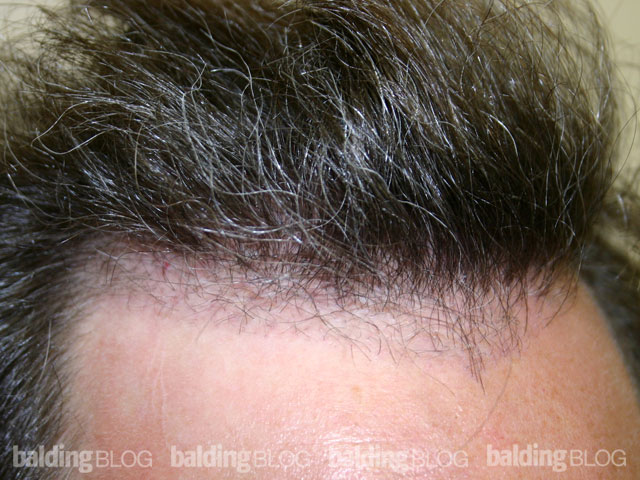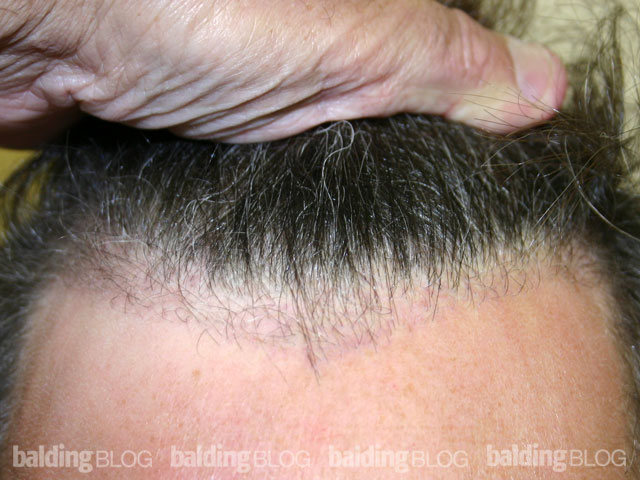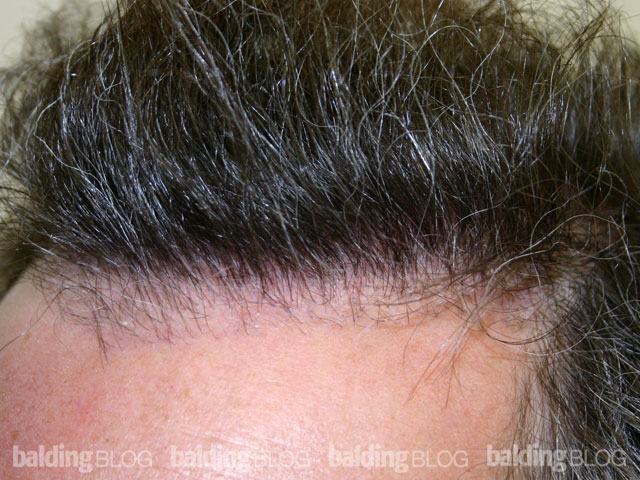Hi Dr., I am a 20 year old male who is goin bald and is considering a hair transplant. I was wondering what you recommened to maintain hair after a transplant, other than propecia because i have heard of major side effects. What is your opinion on rogaine and other topical treatments ?
I often receive questions on finasteride (Propecia) from patients like you quoting “adverse” or “major” side effects. All drugs have side effects (even Tylenol), but when used correctly under the supervision of a qualified medical doctor it serves its purpose. I often find people are misinformed from the mass amounts of uncorroborated information available on the internet or just word of mouth. It is the source of folk legends and superstition. It is one of the reasons why these medications can only be prescribed by a medical doctor.
Propecia has been well studied for male pattern hair loss in men. The following is taken directly from the Healthcare Professional Information Label for Propecia (finasteride 1mg).
Drug related adverse experience for healthy men taking Propecia during a 12 month period:
| |
945 men on
Propecia |
934 men on
placebo (sugar pill) |
| Decreased Libido |
1.8 |
1.3 |
| Erectile Dysfunction |
1.3 |
0.7 |
| Ejaculation Disorder |
1.2 |
0.7 |
Rough translation: 1 in 100 (1%) patients had some form of sexual dysfunction. “Resolution occurred in men who discontinued therapy with Propecia due to these side effects and in most of those who continued therapyâ€.
There have been incidence of breast enlargement or tenderness (gynecomastia) reported. This occurred in 1 in 200 (0.5%) patients taking Proscar which contains 5mg finasteride (5 times the dose of Propecia) in a 12 month period. There is probably less than a 1 in 300 chance of gynecomastia from Propecia (which is 1mg rather than 5mg finasteride). This is also reversible.
Please note inb my practice experience there is a 1 in 10 chance of INCREASED libido (some may call this an “adverse†or “major†side effect for married men). I experienced this when I started taking it myself.
I believe the take home message for anyone who is serously concerned about their hair loss is to be make an appointment with a medical doctor (primary care doctor, dermatologist, or a hair transplant doctor) to discuss possible medical causes and its treatment options.
With regard to your second question, some doctors recommend the use of Rogaine (minoxidil) with a hair transplant on the belief that it accelerates the hair growth. I have used it on patients (half of the head with minoxidil and have without anything) and there was no difference with the use of minoxidil. The beauty of the hair transplant process, with the robust donor hair from the back and sides, is that no matter what you do or do not do with additional medications, the transplanted hair grows.




 Medically speaking,
Medically speaking,